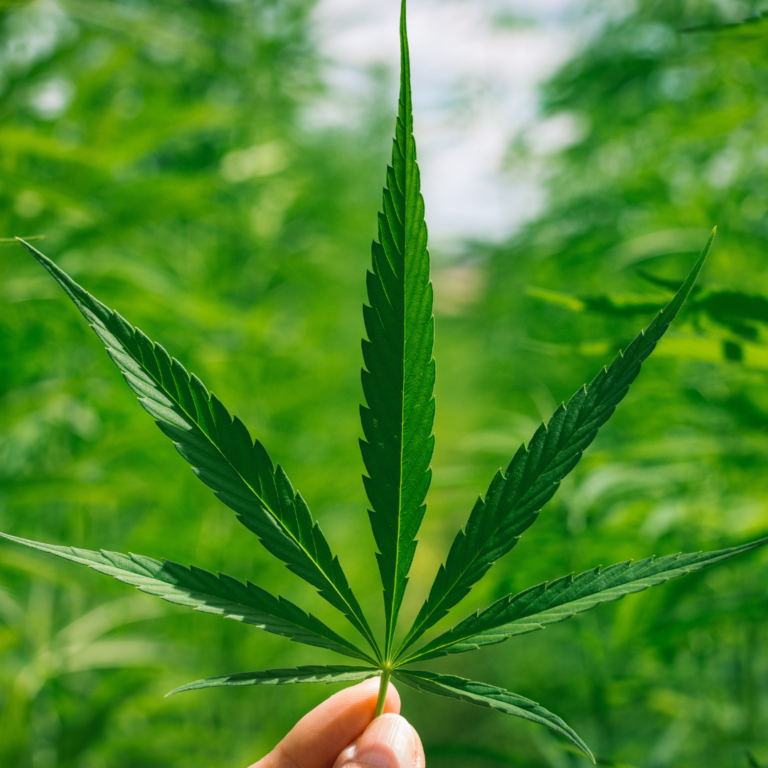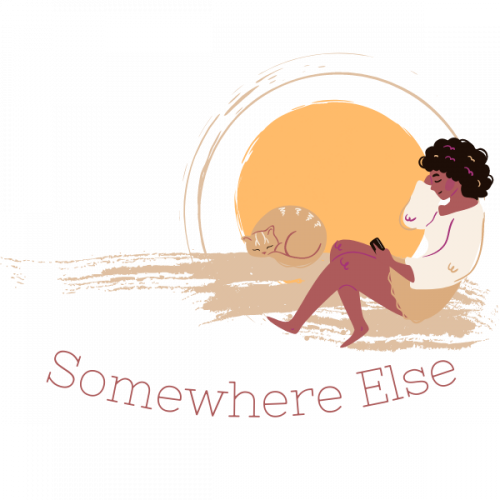
CBD, or cannabidiol, is a compound found in cannabis plants related to the drug marijuana. Available in a wide variety of forms, CBD is mostly sold in liquid, oil, and capsule form. Cannabidiol is considered to have a range of health applications, including anxiety relief, muscle relaxation, and pain relief. And for several people, these benefits outweigh the potential side effects. But is CBD addictive? Does consuming CBD lead to some kind of dependence?
CBD, or cannabidiol, is a non-psychoactive cannabinoid derived from cannabis. There are now a few CBD products on the market. While there is no evidence that CBD is addictive, it has the potential to be misused in the same way as other recreational drugs.
CBD has a growing presence in the beverage industry, and many consumers are giving it a try. Researchers have been studying the substance for some time, and recent studies have found that CBD has the potential for treating a variety of health conditions. But can CBD be addictive? The short answer is no. The substance is not psychoactive, meaning it doesn’t get you high. CBD is believed to treat conditions such as anxiety and epilepsy by acting as an anti-inflammatory and anticonvulsant agent.
Some legal experts say it’s not addictive. CBD is a non-psychoactive compound in marijuana and hemp plants, which gets its medicinal benefits by interacting with our endocannabinoid system. It can be used to treat anxiety, depression, and inflammation. Still, researchers are also looking into its potential as a treatment for other ailments, such as diabetes, epilepsy, Alzheimer’s, and Parkinson’s.
But CBD Might Help Treat Addiction.
The use of marijuana has been debated for some time now. Those who support the use of the drug point to its ability to help treat several conditions, including pain, anxiety, and depression, to name a few. However, marijuana does have its drawbacks, including addiction. Because marijuana is a mind-altering drug, those who use it may become dependent on it. This dependency can often lead to the use of other drugs.
A growing number of studies suggest CBD, a non-intoxicating component from the cannabis plant, might be effective at treating addictions. CBD has been shown to ease anxiety, reduce cravings, and even reduce withdrawal symptoms associated with opioid addiction. CBD has been shown to reduce drinking in people with alcoholism when taken in pill form. And most encouraging, CBD has been shown to reduce cravings in cocaine addicts.
People sometimes struggle with addiction, and it can be difficult and scary to get the help they need. Luckily, there are treatment options that can help people deal with addiction and overcome their struggles. Studies are showing that CBD, a chemical compound found in marijuana plants, might help treat addiction. According to one study, CBD “may provide a novel treatment approach for patients with substance use disorder.”
There are thousands of treatments for addiction, including self-help, support groups, residential rehab, medication, and therapy. There are, however, a few treatments that are particularly effective and are becoming more widely popular. One of those is cannabidiol (CBD), a cannabinoid in the cannabis plant. For many, pharmaceutical drugs like oxycodone or morphine are used to deal with chronic pain. While these medications can be effective at reducing pain, they can sometimes in fact, be addictive themselves.
In contrast, the non-addictive cannabis compound known as cannabidiol, or CBD, is being used more and more as an alternative to opioid medications. CBD is commonly used to treat anxiety, depression, and insomnia and has recently become a common treatment for addiction as well. With the opioid epidemic on the rise, there is a renewed focus on finding effective alternatives to help treat chronic pain.
